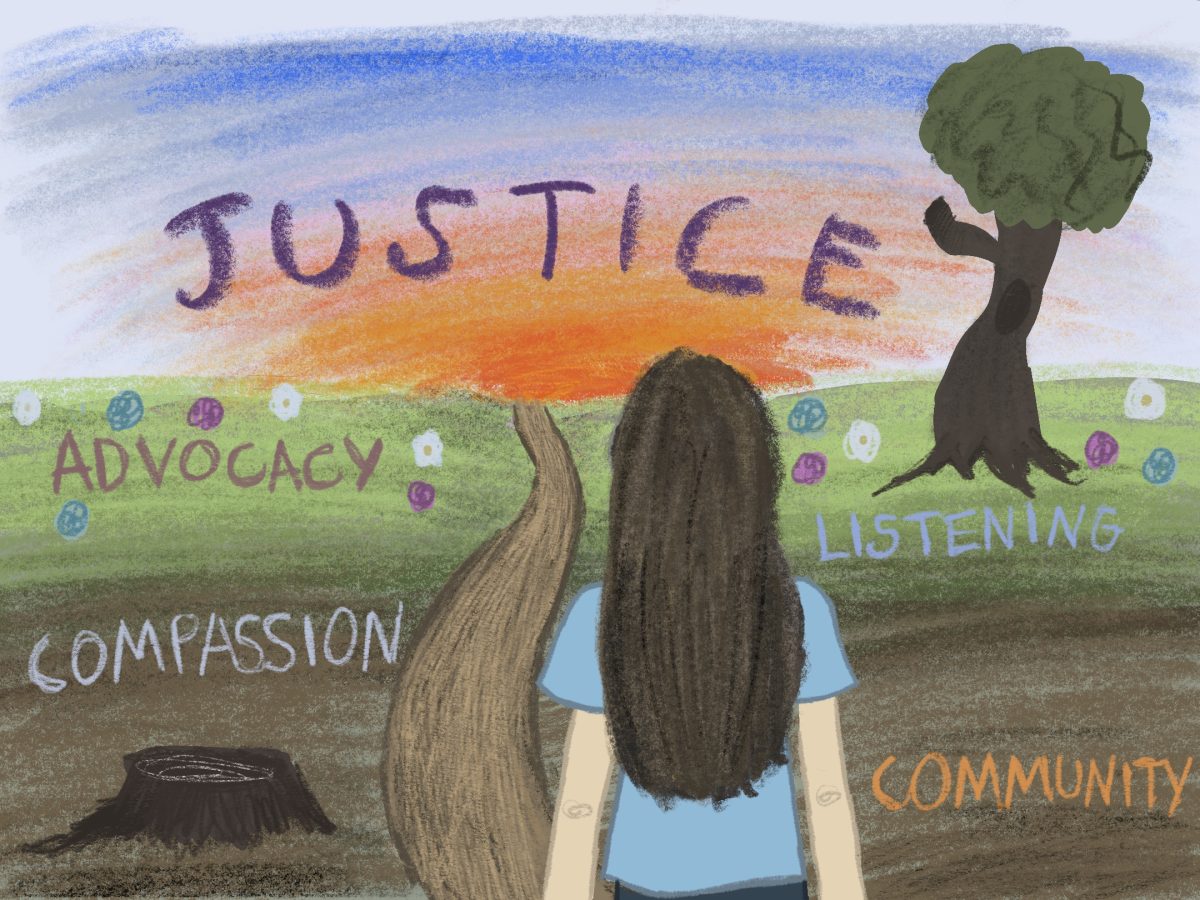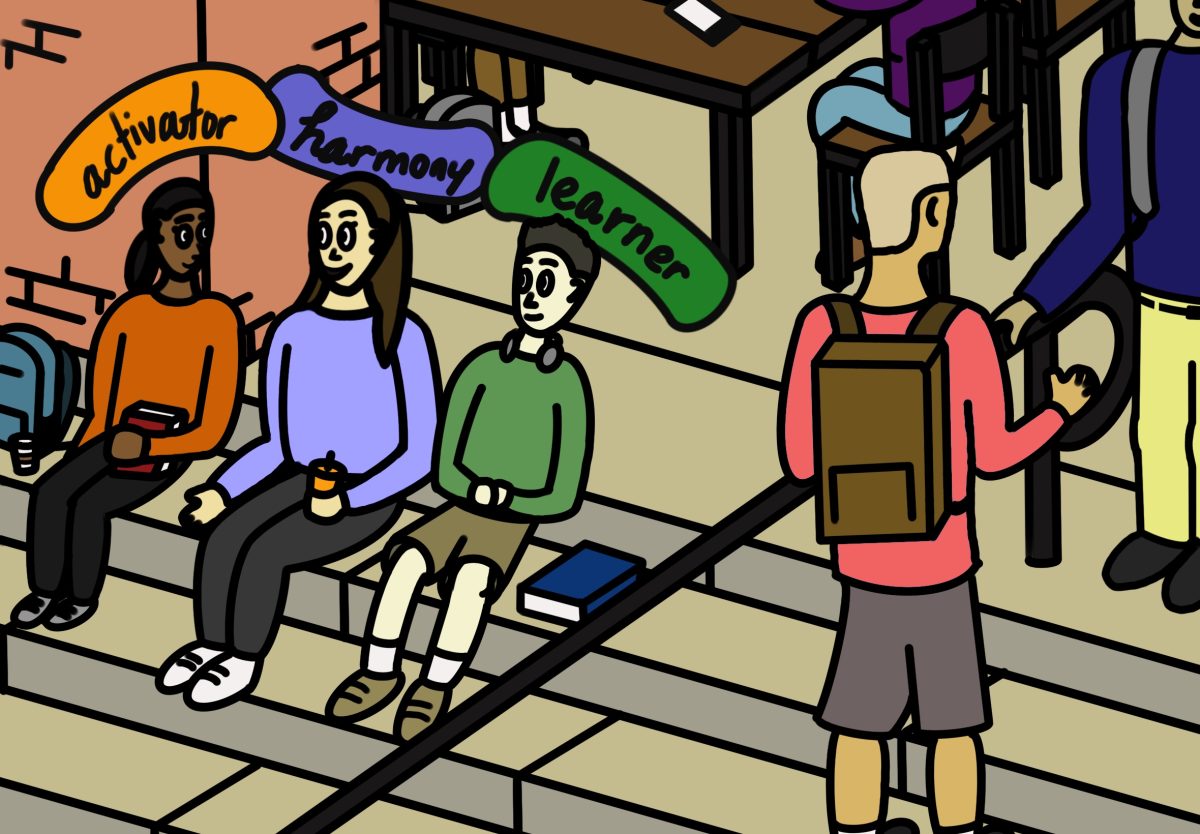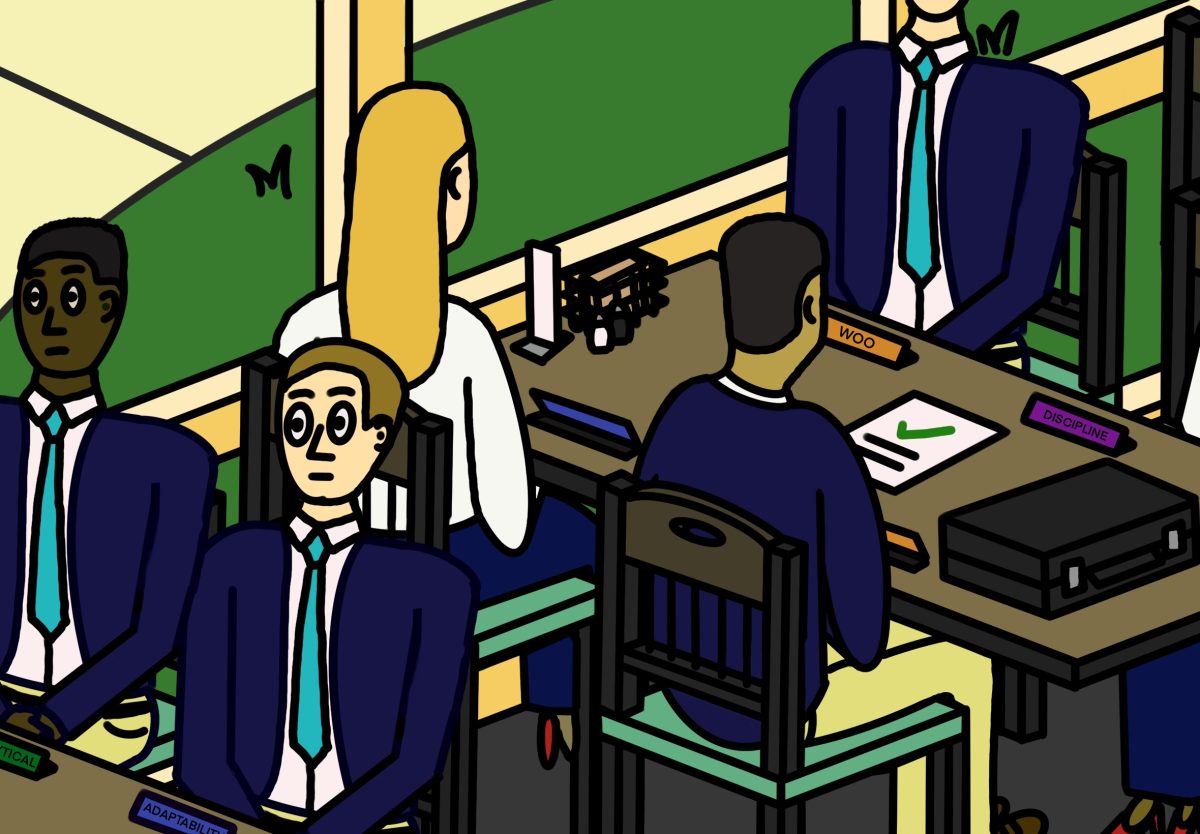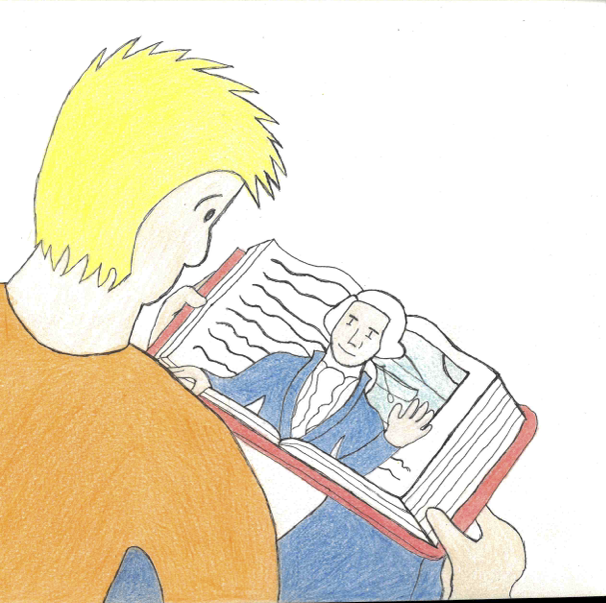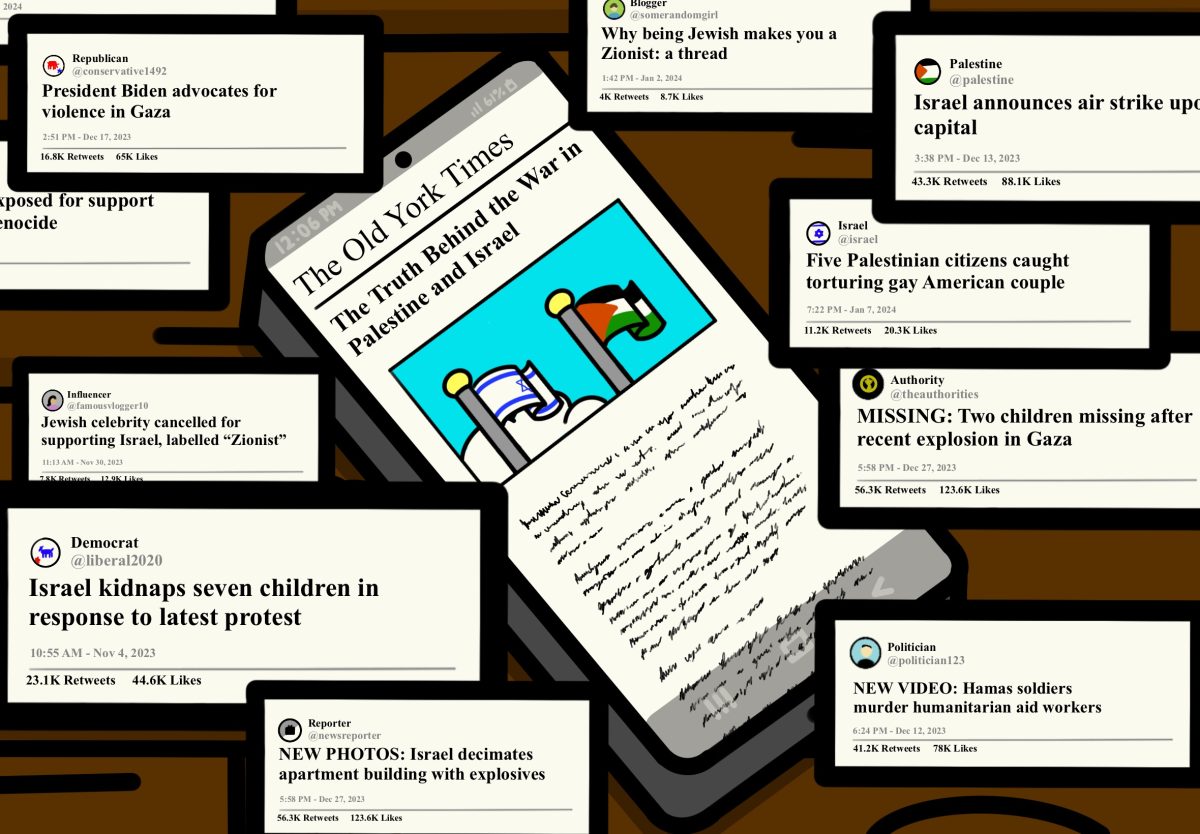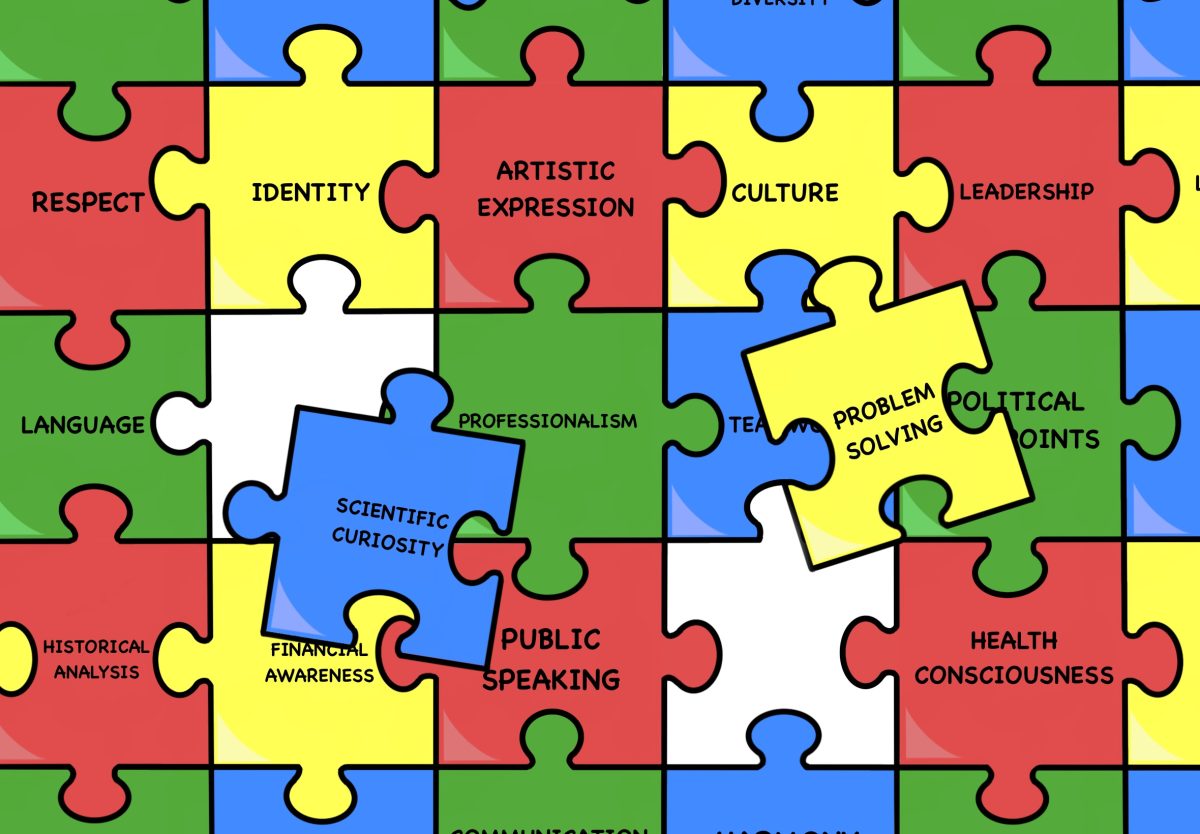On Feb. 2, 1965, Joseph Vaughn became the first African-American undergraduate student to enroll at Furman, along with three African-American graduate students admitted to the university’s graduate education program. This realized the policy approved by Furman’s Board of Trustees the year before and reaffirmed immediately prior to Vaughn’s enrollment — racial integration. Nearly 49 years later, the university has designated the upcoming year to commemorate the 50th anniversary of the integration of Furman (a process that occurred from 1963 to 1965) and the Civil Rights Act of 1964. Organized by a specialized committee composed of students, faculty, staff, and administrators, multiple events throughout the year will highlight and explore the defining moment in the history of our university, community, and country.
What does desegregation mean for Furman today? What lessons should we glean from a yearlong reflection?
Right now, Furman is going through a period of transition and uncertainty. The decisions the university makes in the coming years — selecting the next president, restructuring Furman’s finances to fit the changing economic landscape, and reevaluating the curriculum — may chart the course for Furman’s future into the coming decades. The tendency during such periods is to close the gates to the outside and deal with our problems. If the history of integration is our guide, however, this refusal to look beyond the borders of our own institution may not help us address the problems we seek to overcome.
Fifty years later, Furman remains a culturally homogenous community in many ways, reflecting an elite exclusivity often determined by class, wealth, and access to education. This reflects a culture and a world still very much characterized by its social, economic, political, sexual, and religious inequalities.
Integration is in many ways about entrance to spaces that would have been previously inaccessible to a person or people. Fifty years ago, integration took the form of removing racial boundaries and restrictions. While this project is still in many ways incomplete, the exclusionary boundaries that exist now often fall along the less distinct lines of culture and class. The virtues required to overcome these differences — tolerance, empathy, and understanding — are not virtues that cannot be legislated and must be learned. Universities like Furman are uniquely equipped not only to impart these values but also to teach us how to communicate and promote these values.
Fifty years later, integration at Furman is not a benchmark that we have maintained, an indication of progress, or an achievement that somehow measures our development or moral maturation as an institution and a society. Instead, the value of that paradigmatic change is located in the lives of those that were promised a new world in which they were free to be equal. Furman’s celebration of the 50th anniversary of integration offers us the opportunity to treasure and learn from the stories of those lives, to expand the promise made 50 years ago, to recognize the history of civil rights, not as a bygone historical fact, but as a living memory that contextualizes everything we do. To live in this legacy, we at Furman need to reaffirm this duty and use this period of transition and transformation to become a community and institution more responsive to the needs of those who we are tempted to disregard.



























